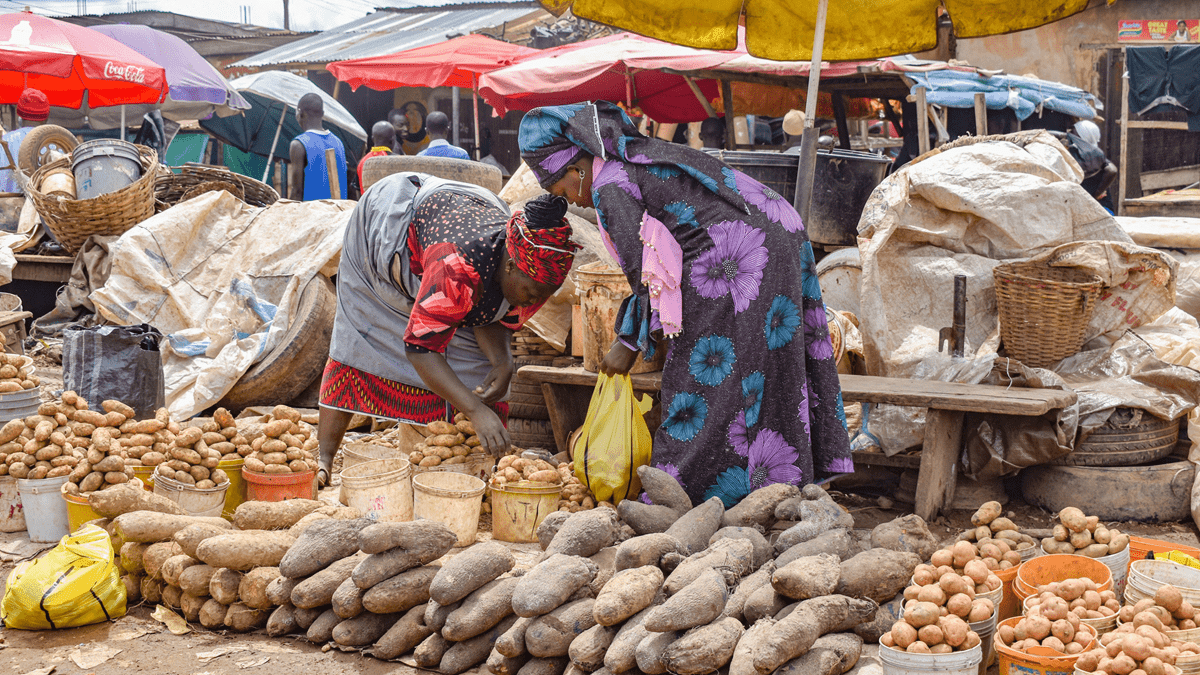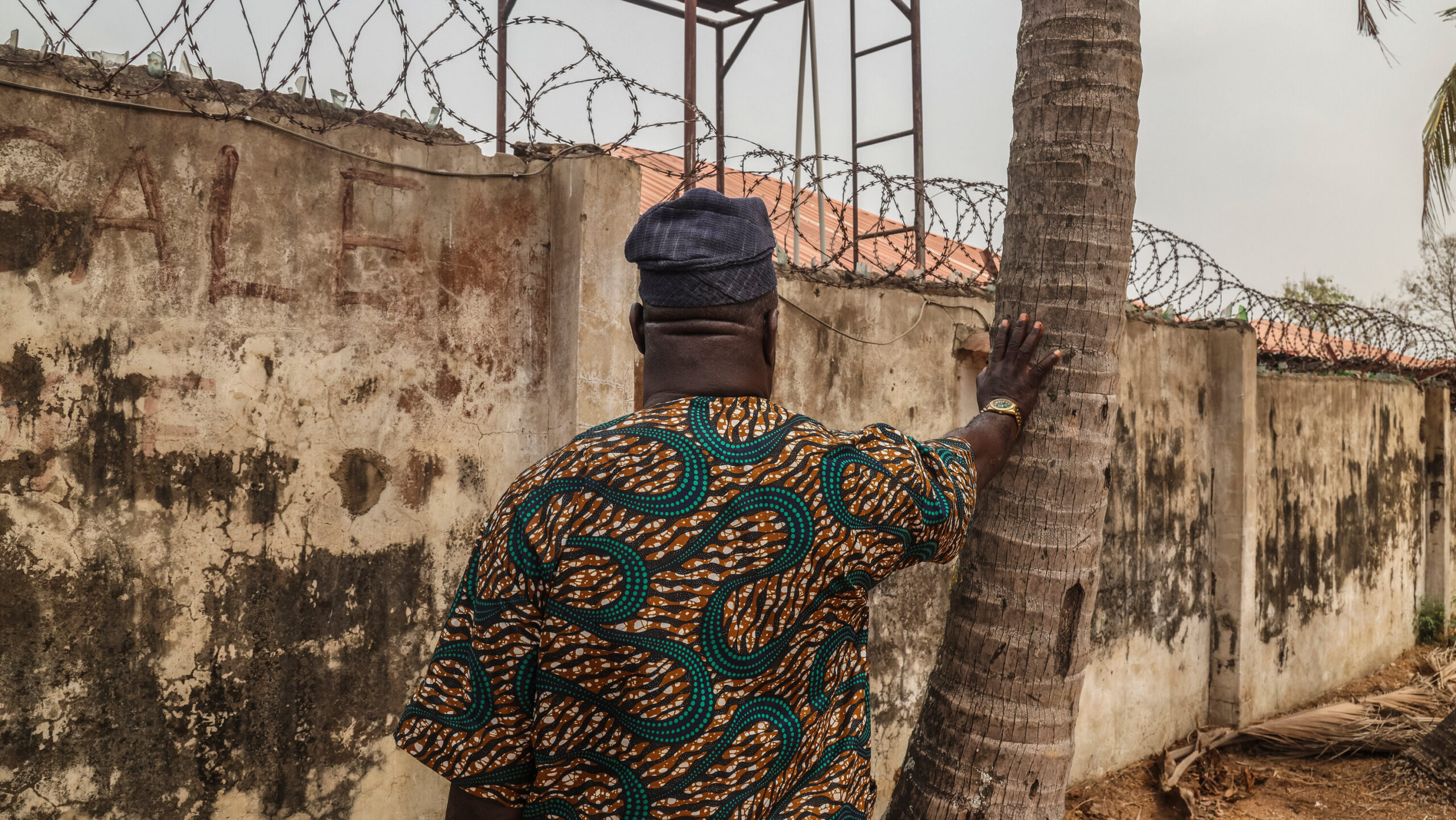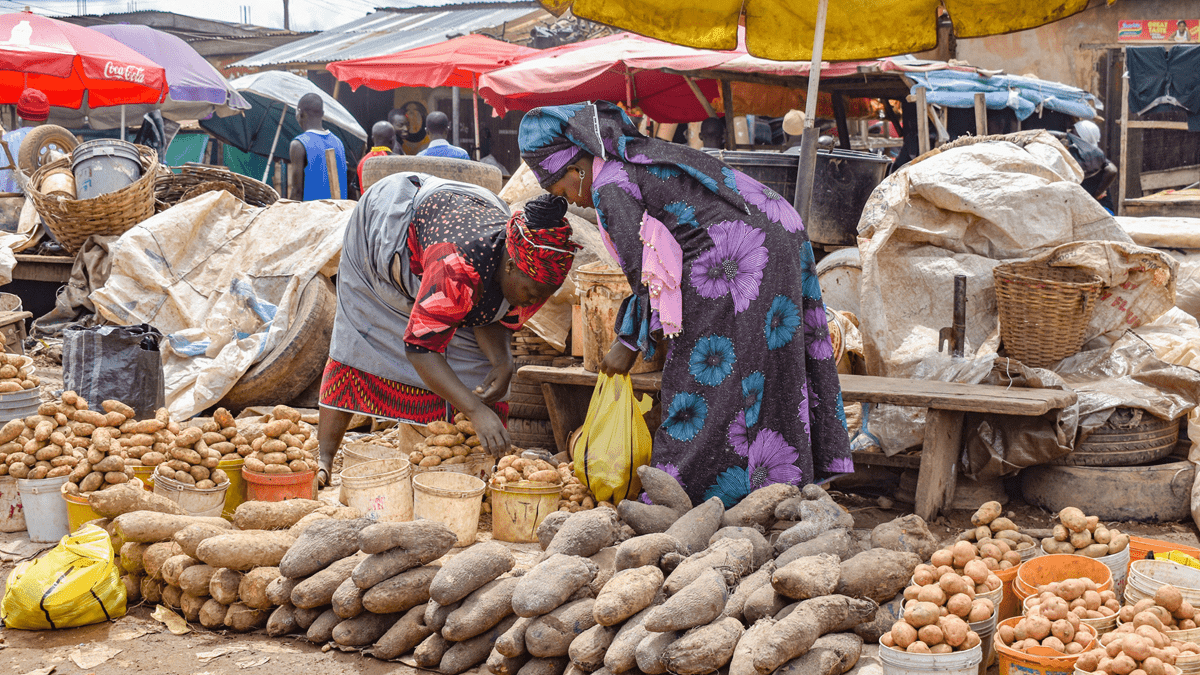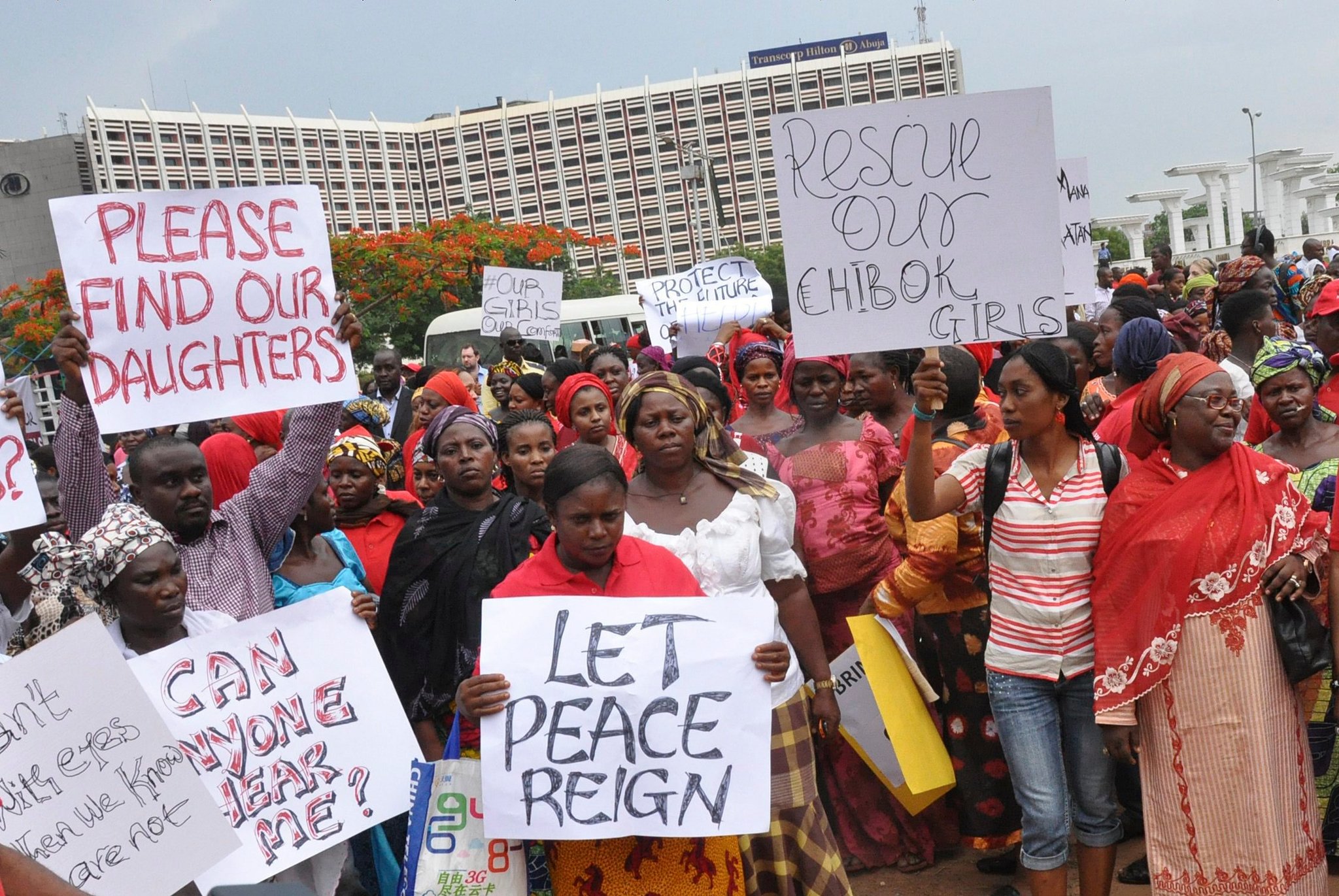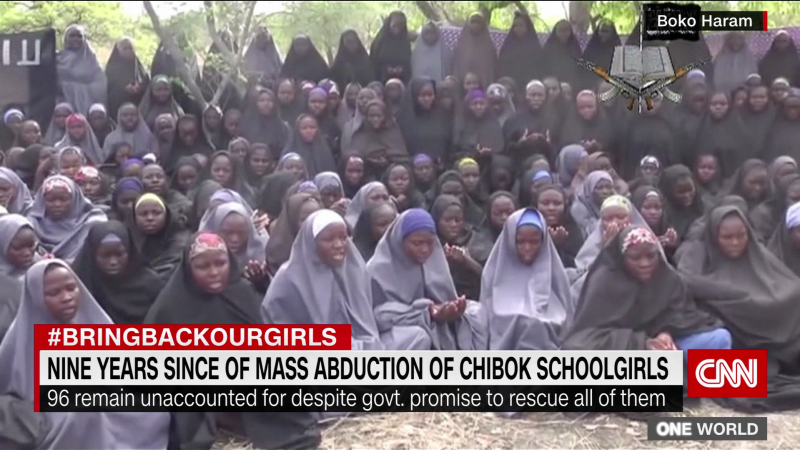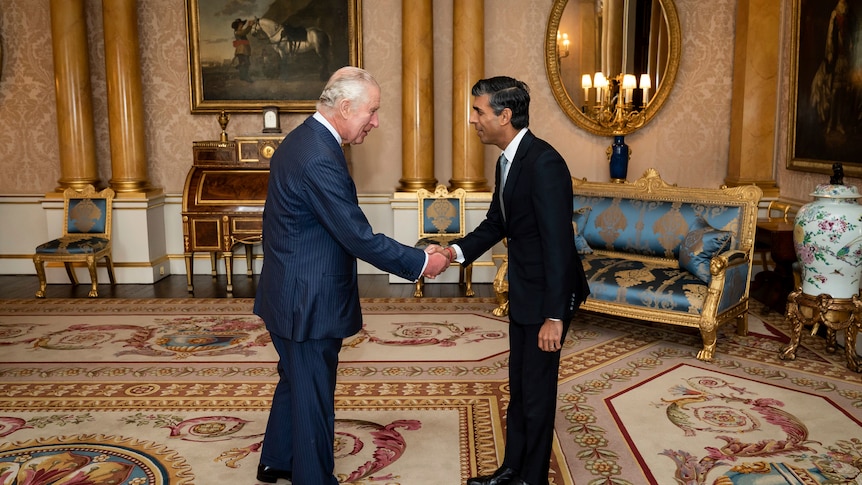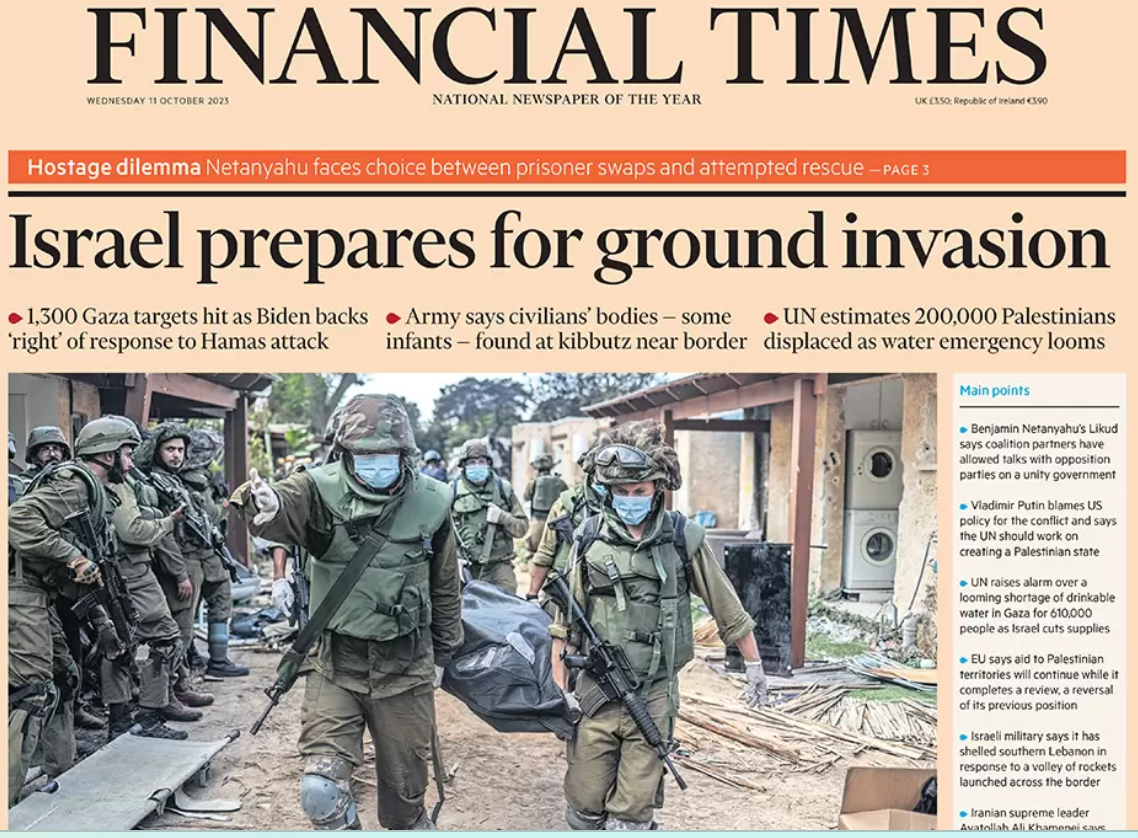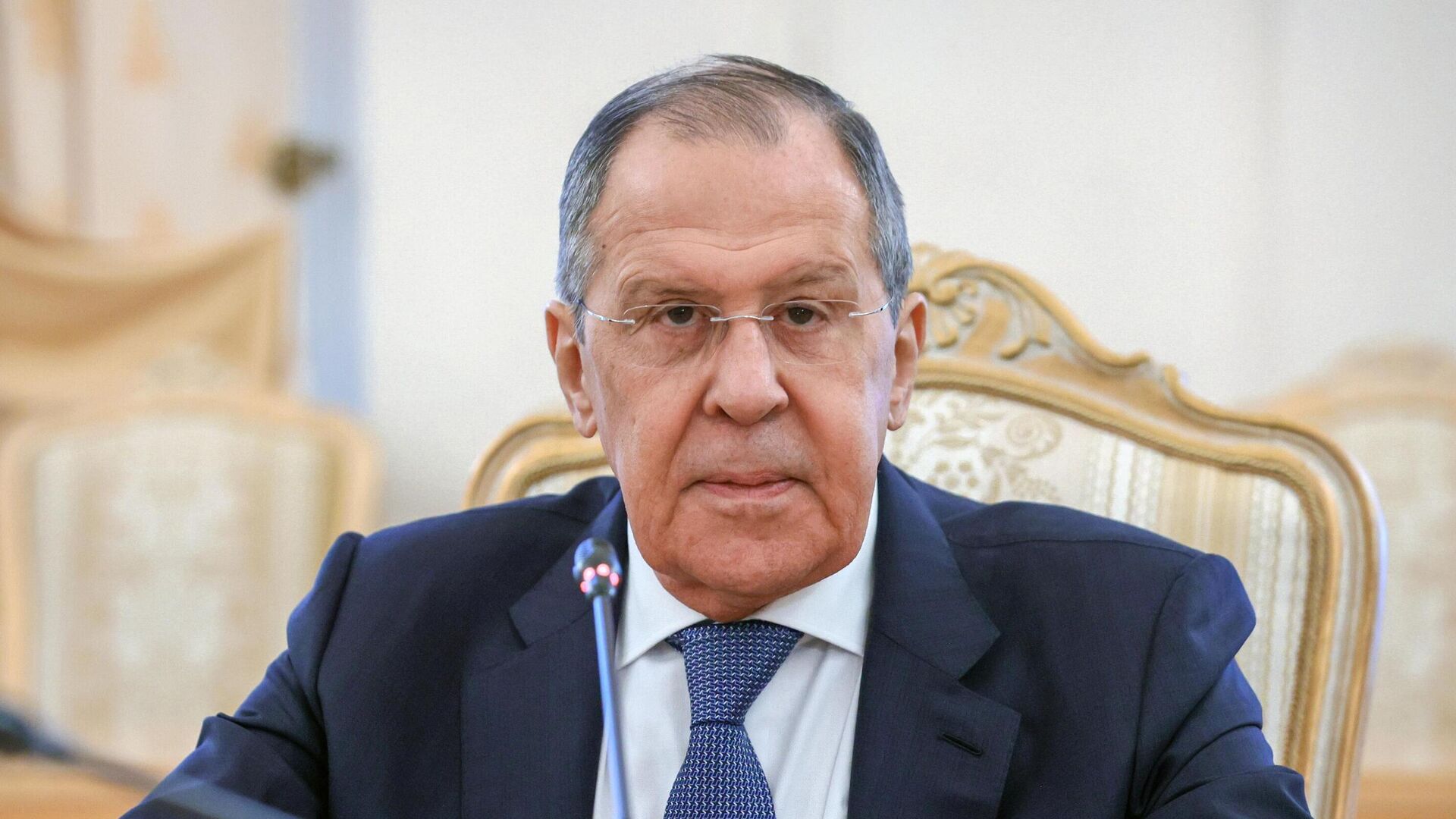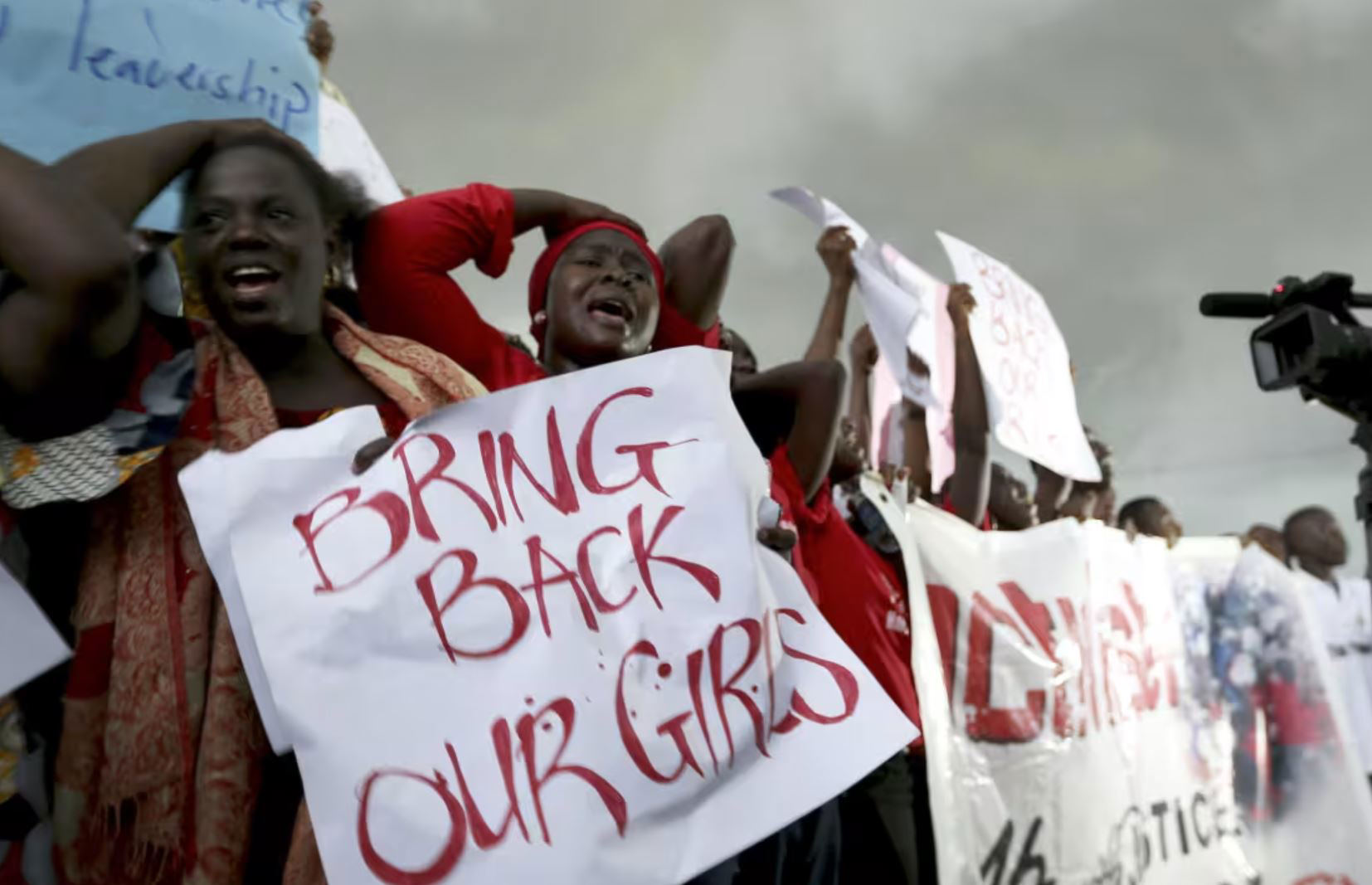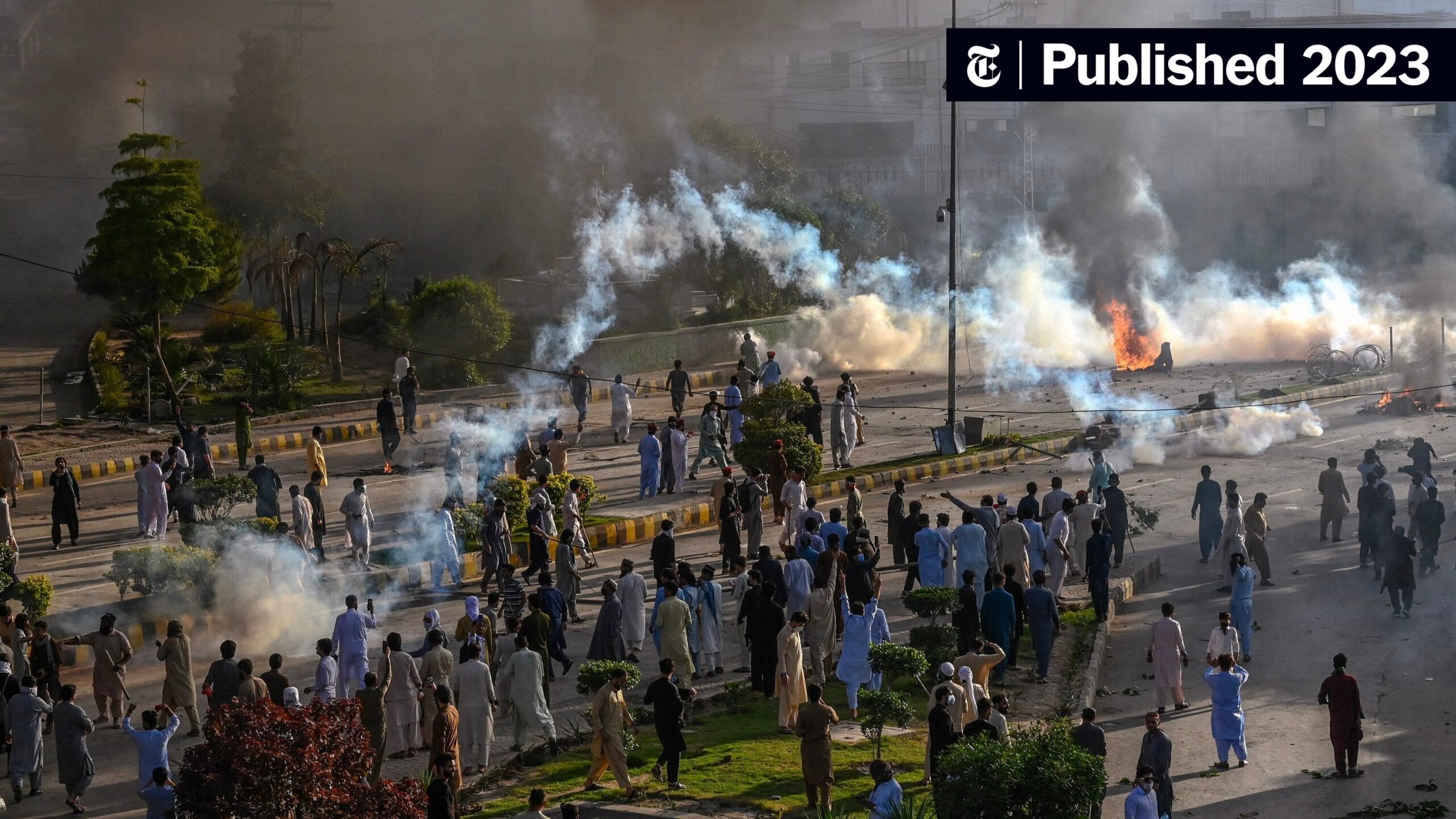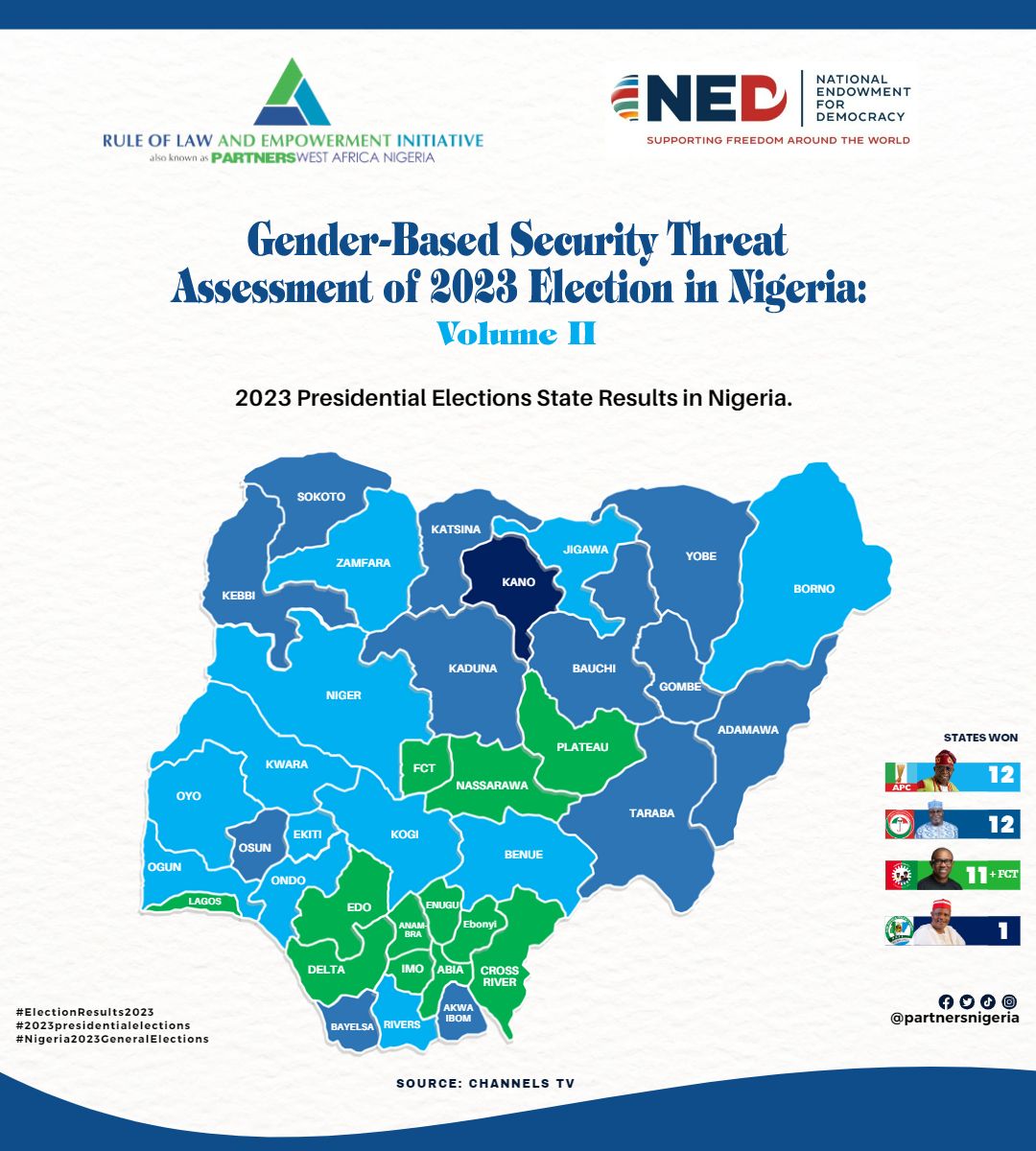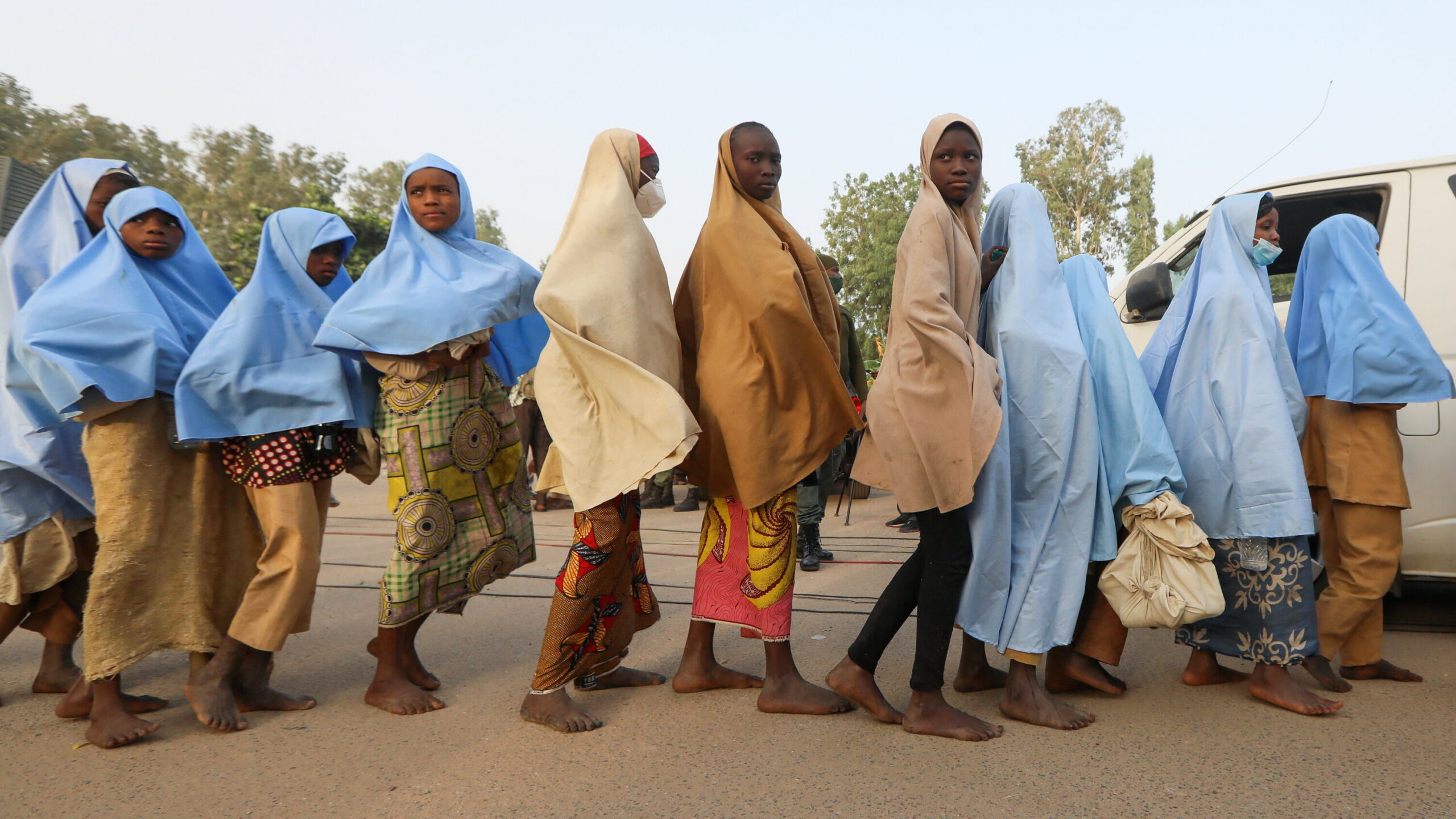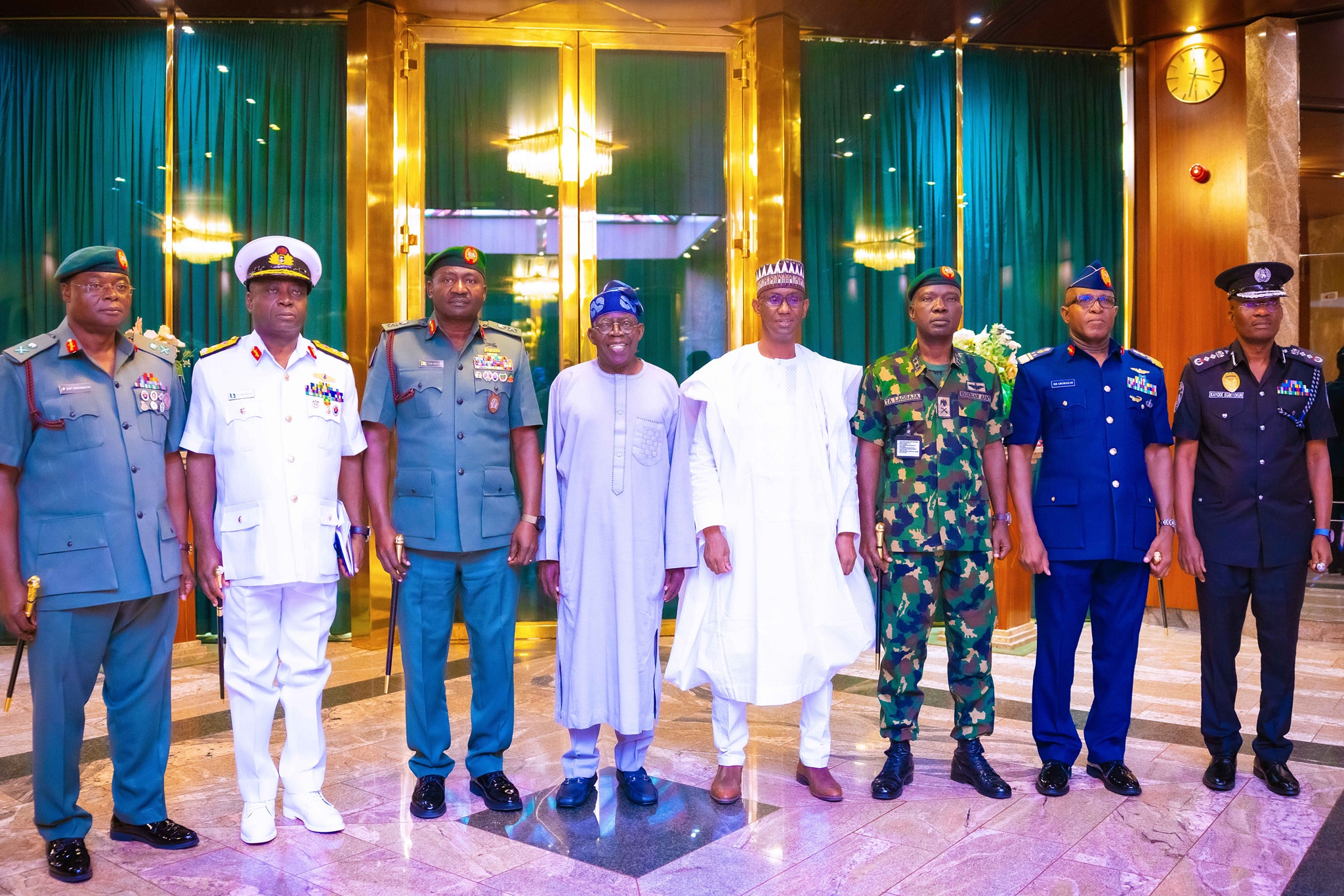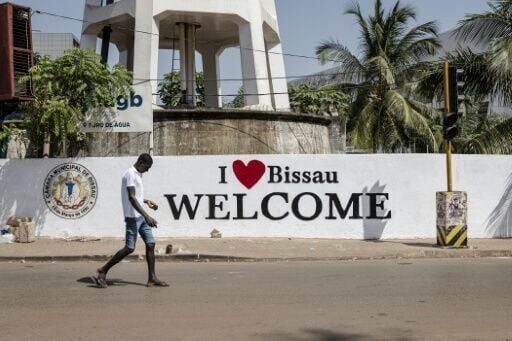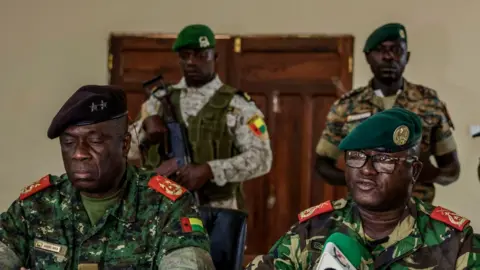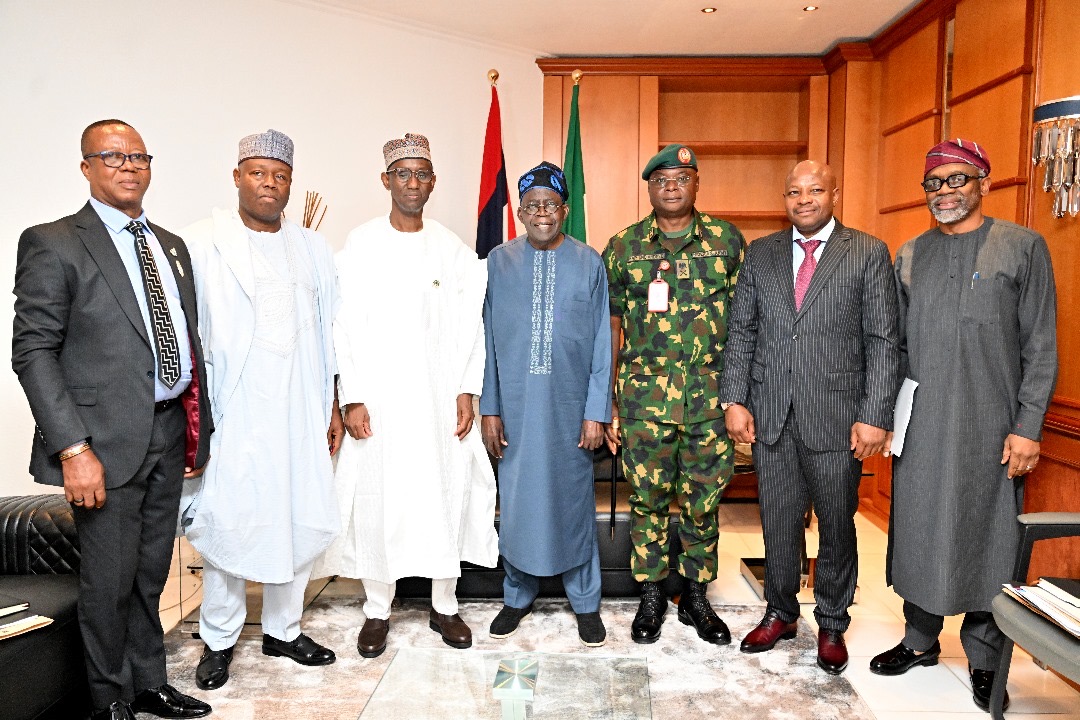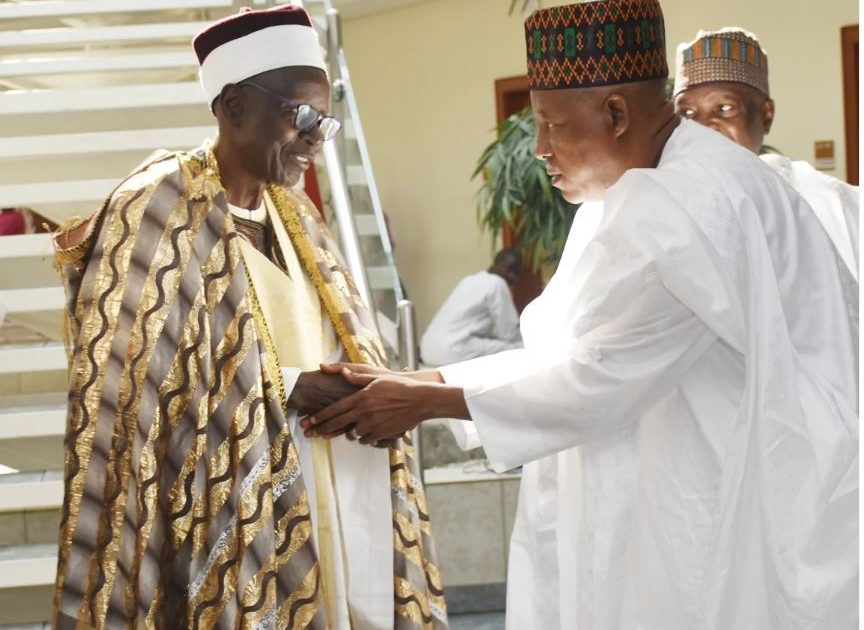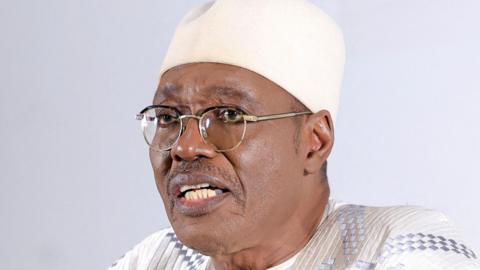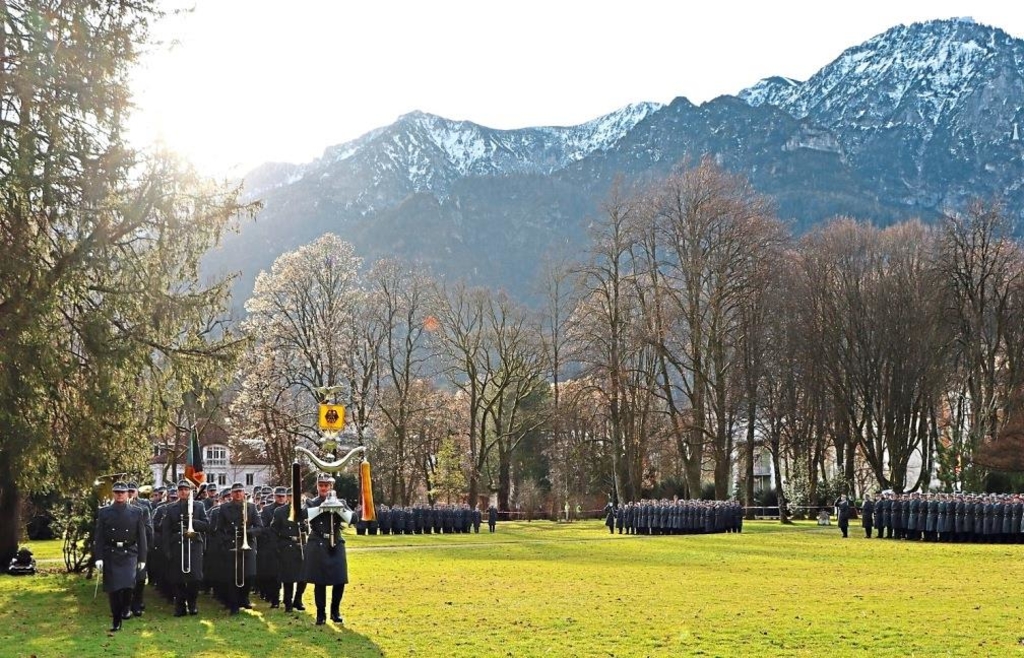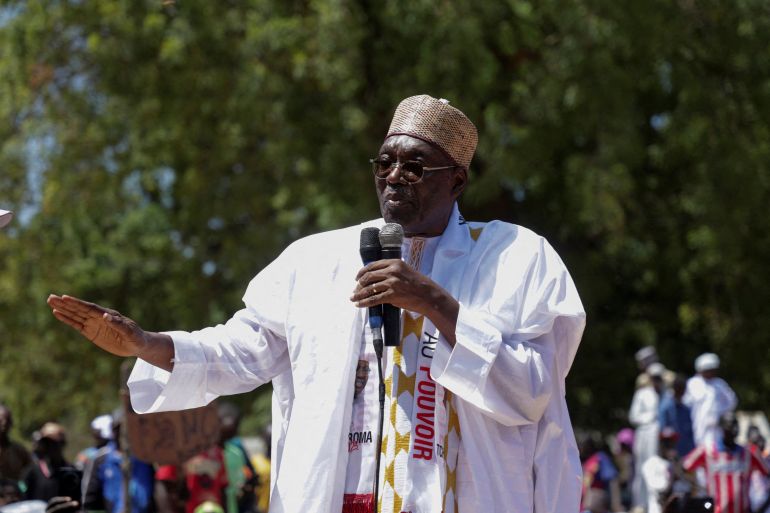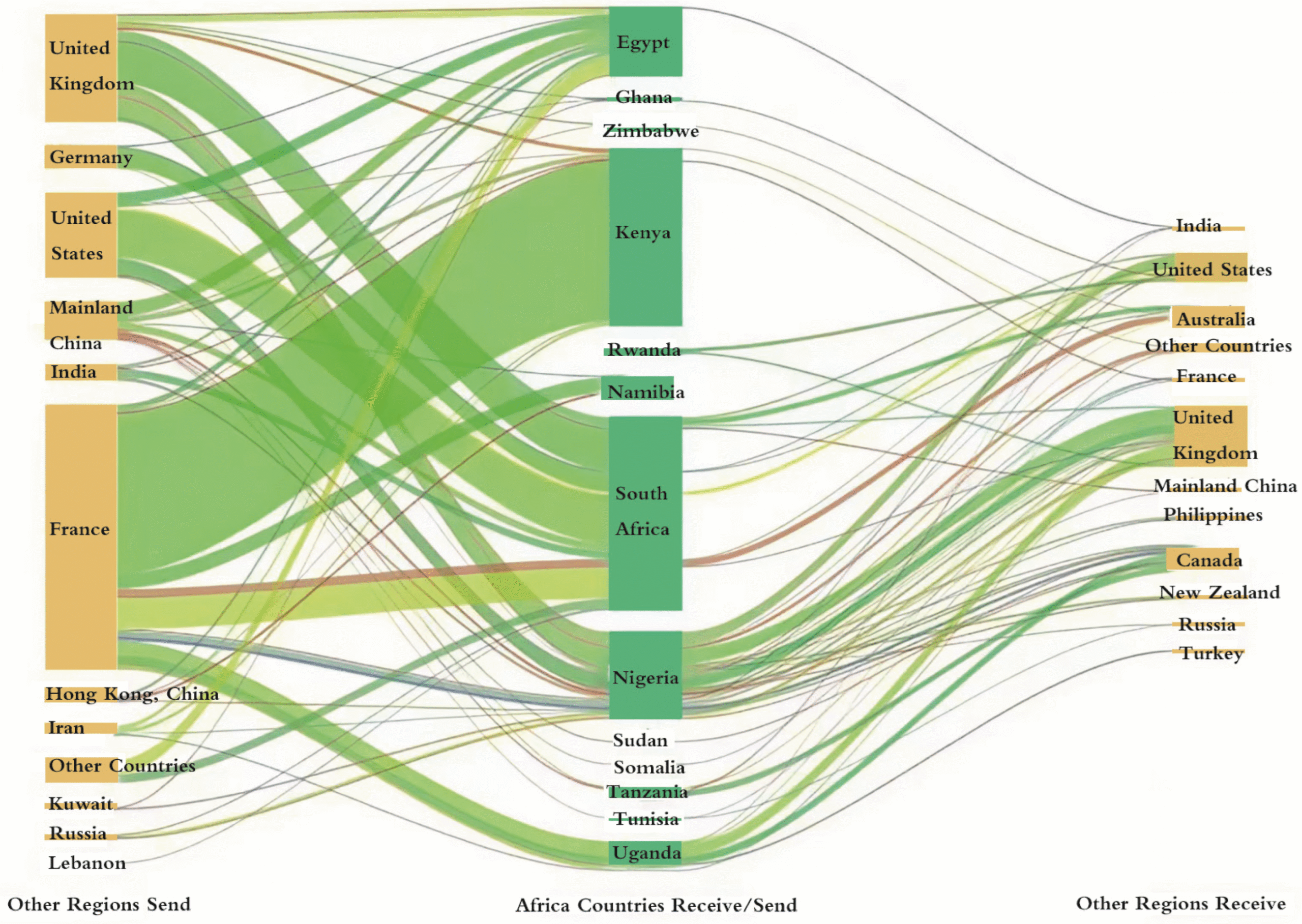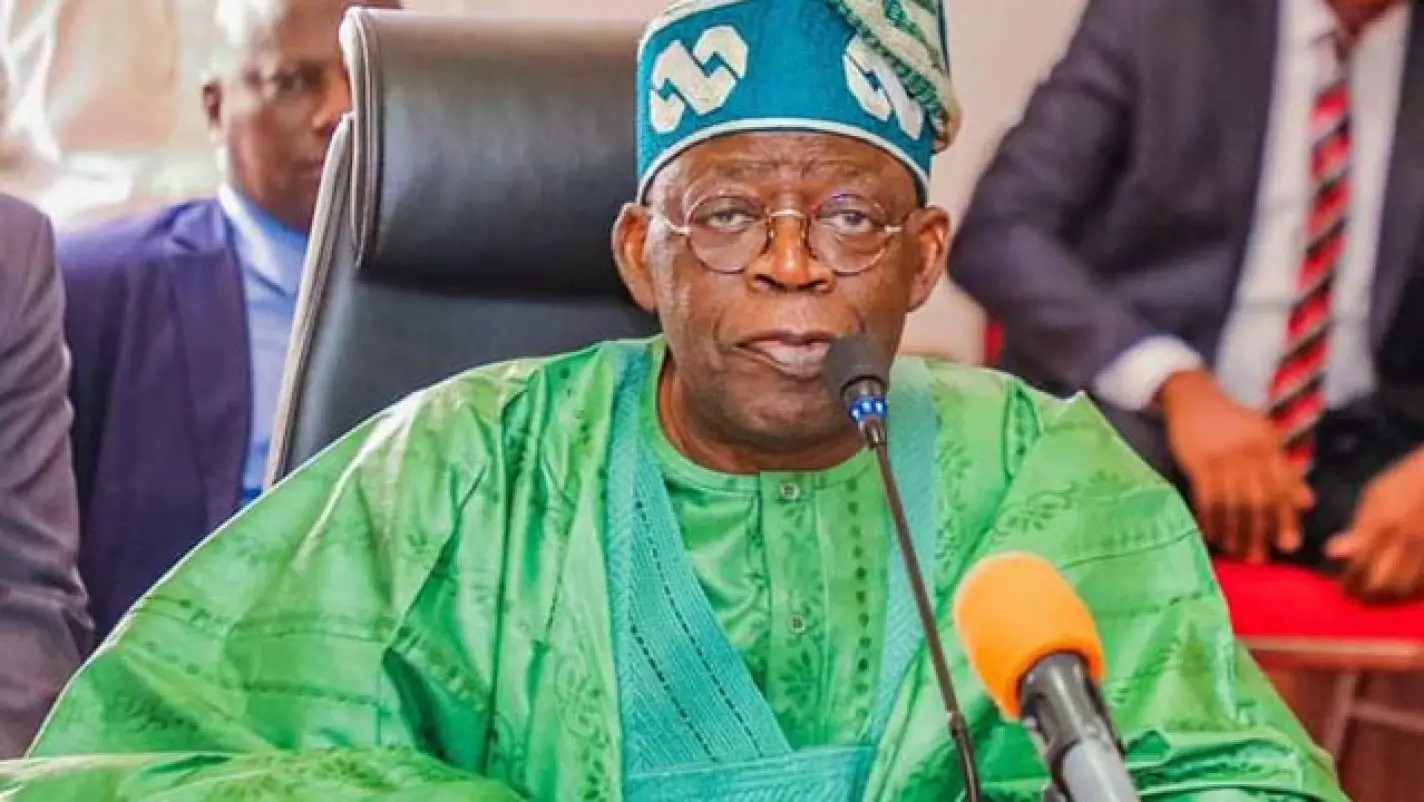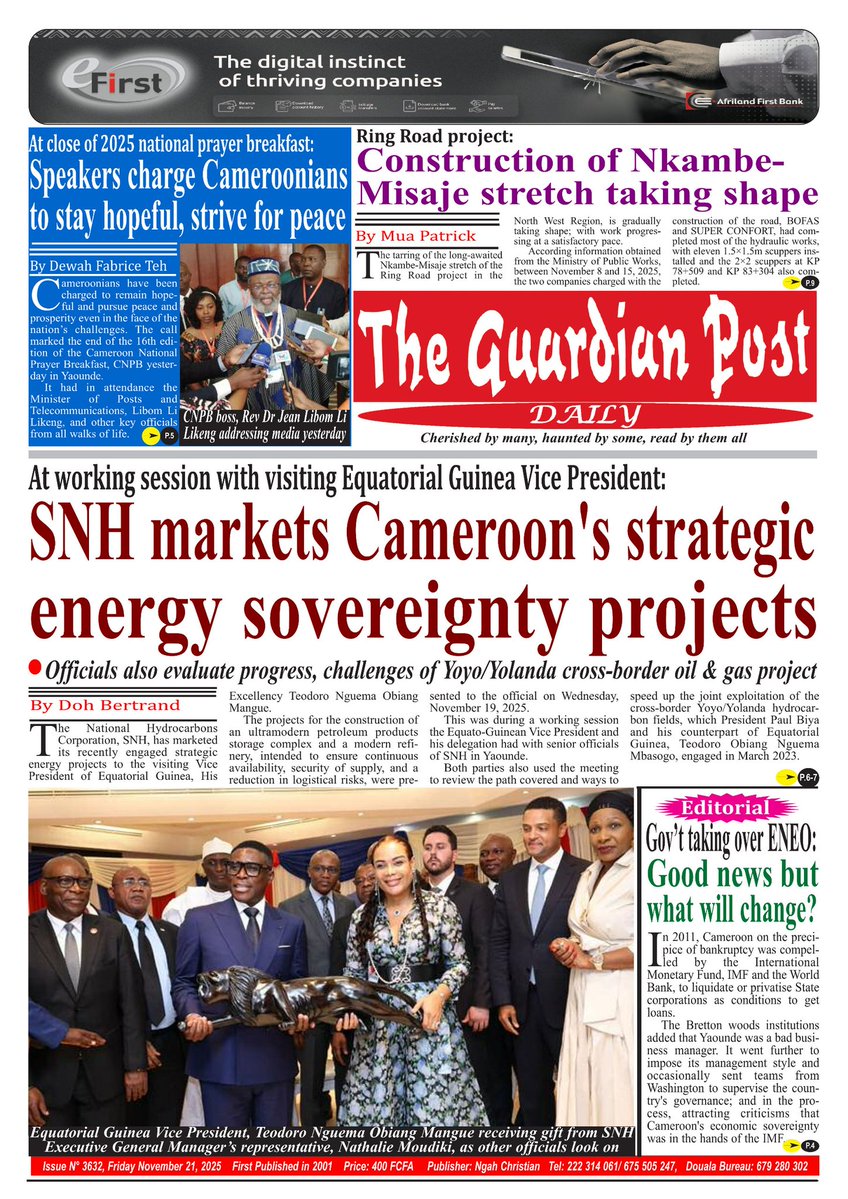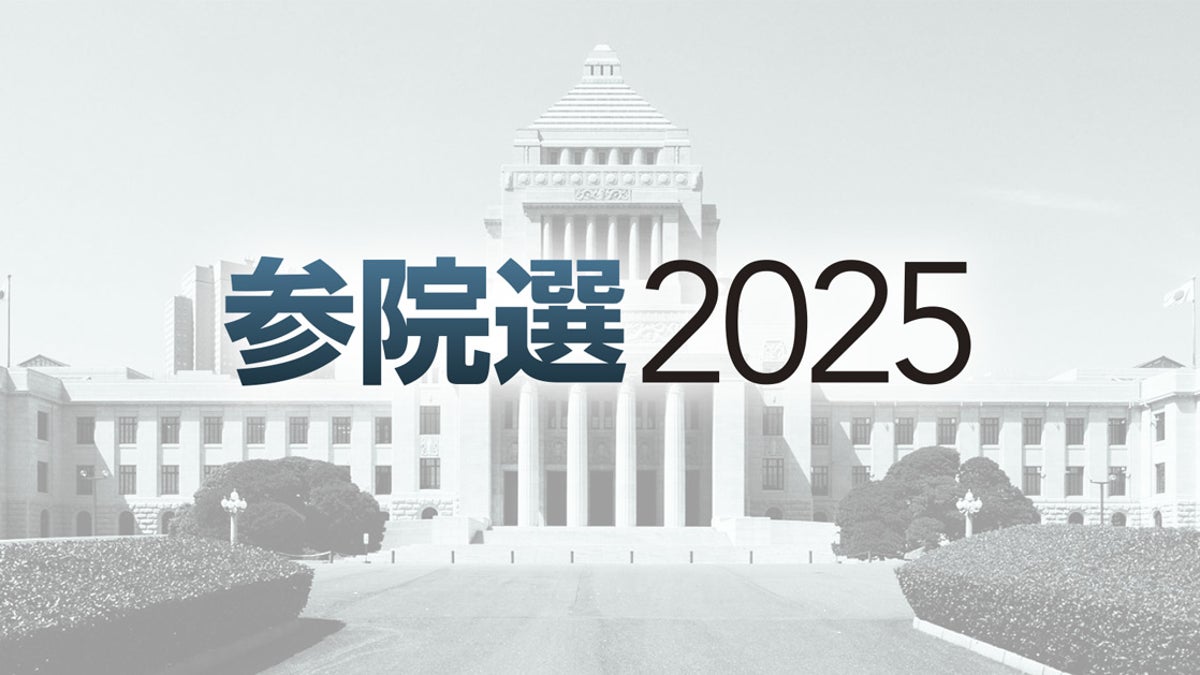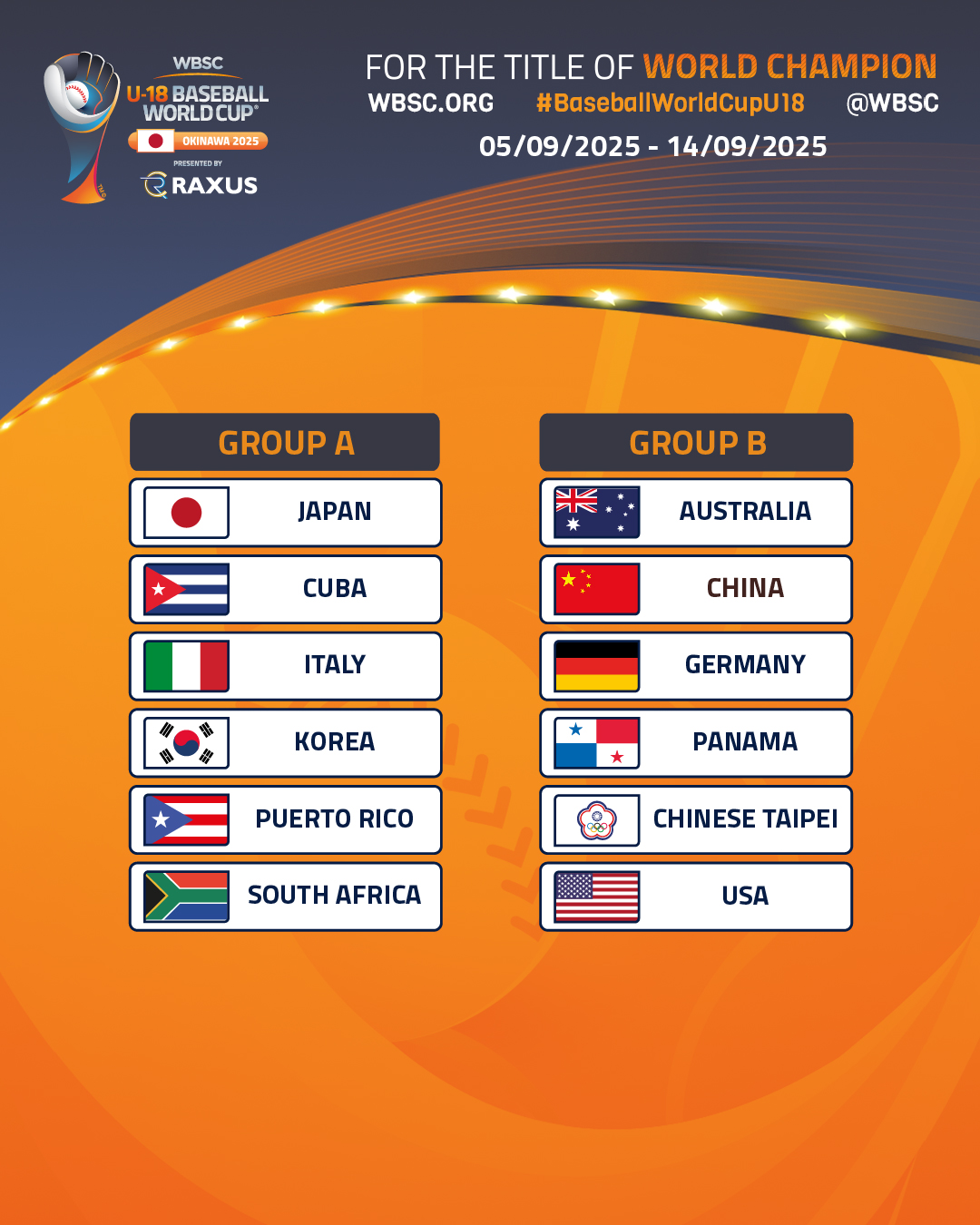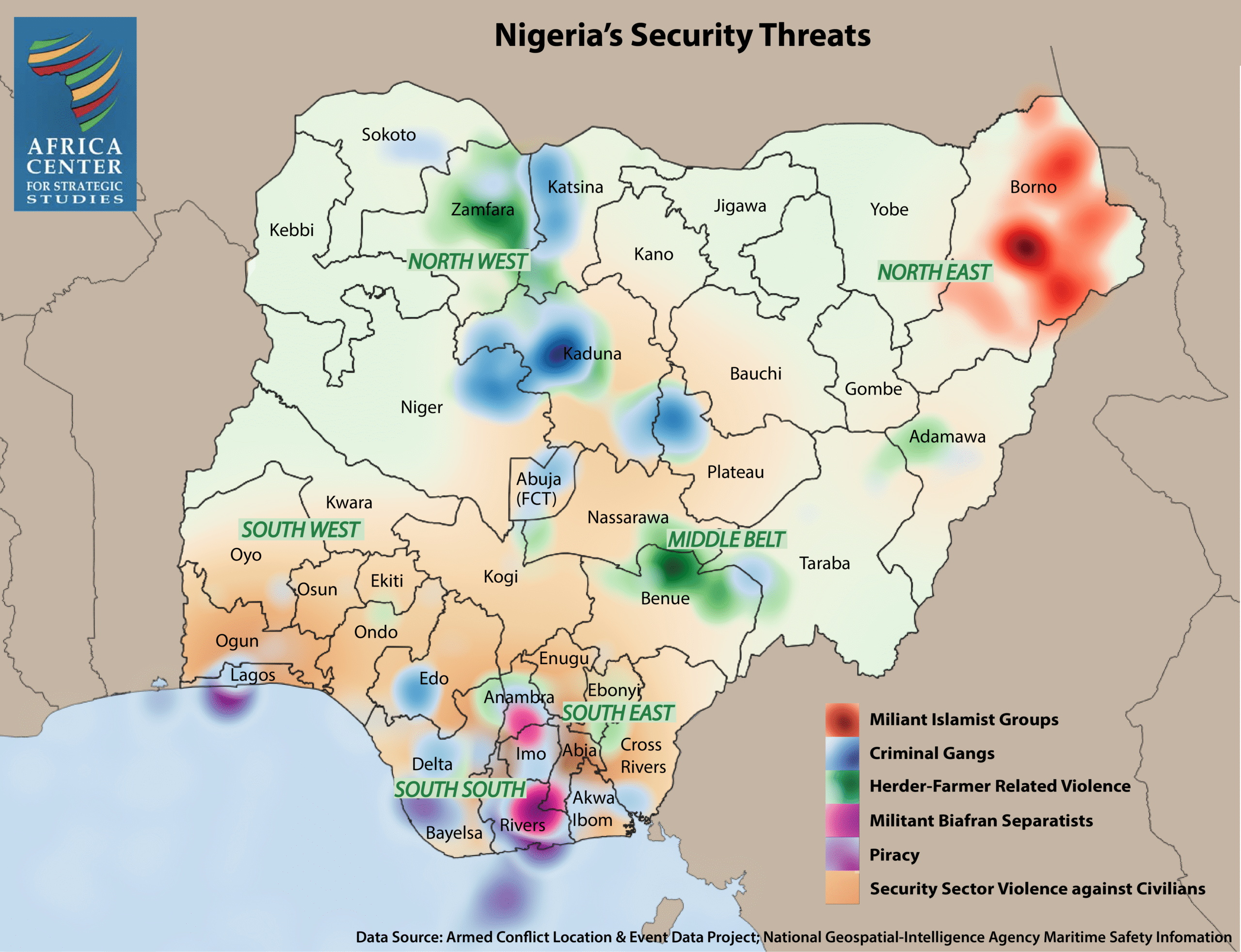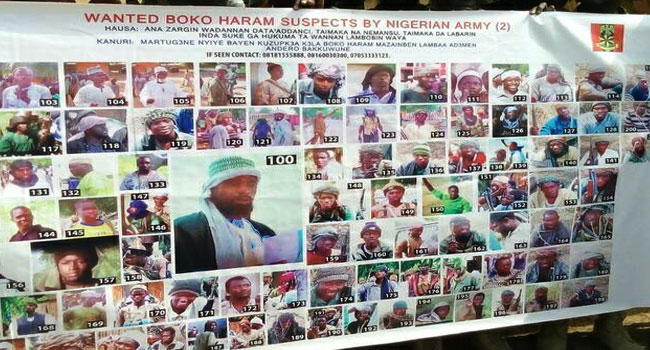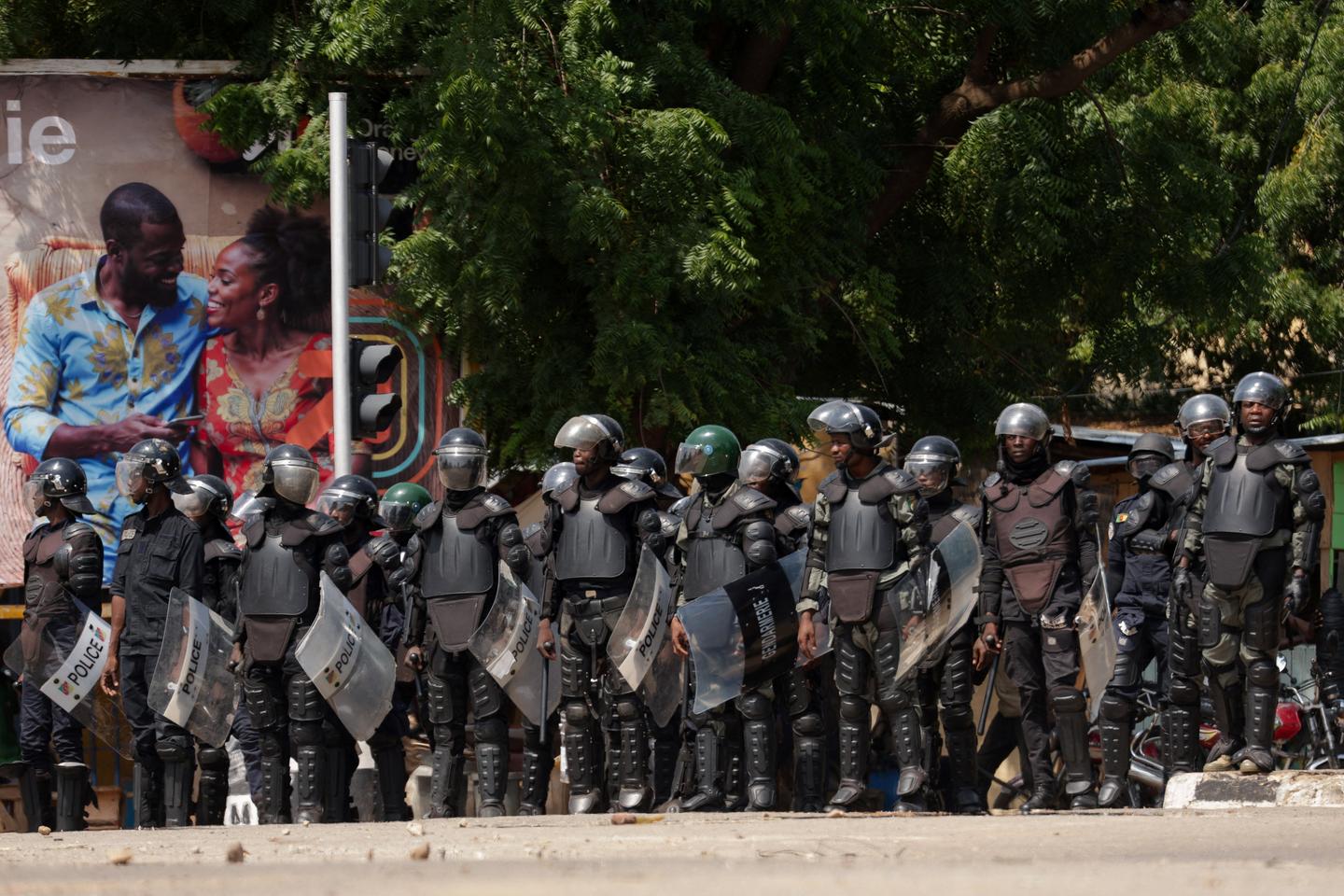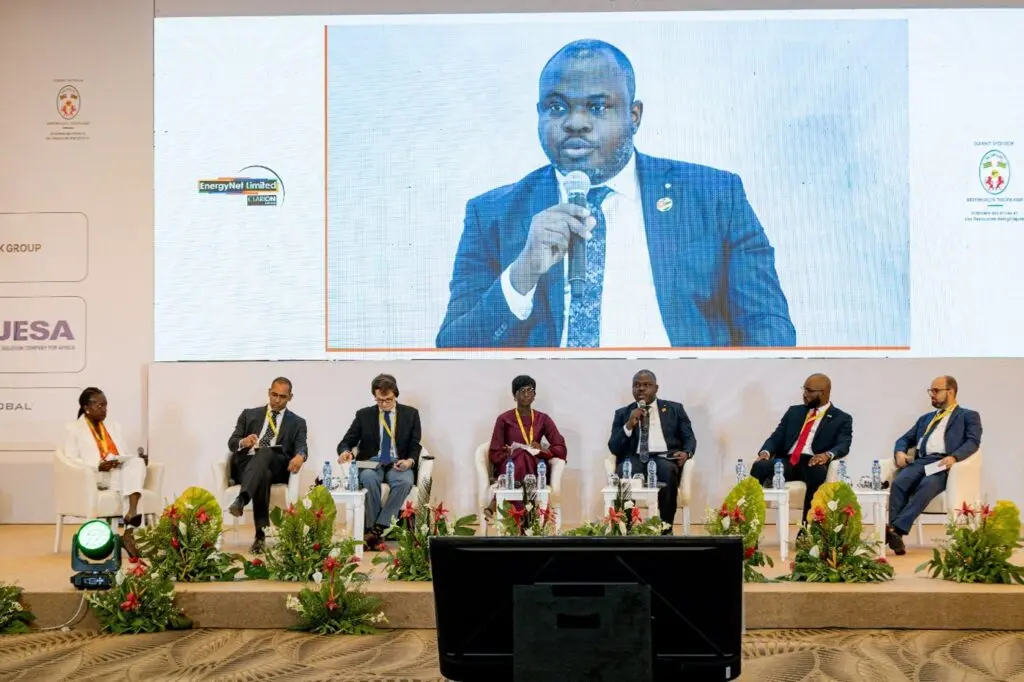
Cameroon Navigates Football Drama, Corporate Scandals, and the Rise of New Journalistic Voices
As the 2026 FIFA World Cup qualifiers intensify, Cameroon’s national football team, the Indomitable Lions, stands at a critical juncture, balancing immense sporting anticipation with escalating controversies. Their pivotal playoff match against the Democratic Republic of Congo’s Leopards on November 13, 2025, in Rabat, Morocco, isn’t just a game, it’s a national moment. Analysts are predicting a tough contest, with many banking on Cameroon’s historical strength in high-stakes football encounters. But away from the pitch, a storm brews. Head coach Marc Brys faces troubling allegations from former international Serge Branco, who suggests Brys has already committed to a coaching role in Saudi Arabia, potentially diverting his focus from the Lions’ immediate challenge. Brys’s reported refusal to travel to Cameroon to announce his squad, citing personal reasons in Saudi Arabia, has only fueled player and fan dissatisfaction. This leadership uncertainty couldn’t come at a worse time, casting a shadow over the team’s World Cup aspirations and raising crucial questions about dedication as they prepare to represent their nation. The situation highlights a broader narrative in Africa, where sport often intertwines with politics and national sentiment, reflecting deeper societal issues.
Beyond the sporting arena, Cameroon, like several other African nations, is entangled in a major corporate scandal. Four former employees of mining giant Glencore Plc have pleaded not guilty in London to bribery charges. These accusations detail alleged corrupt payments designed to secure Glencore’s business dealings with state-owned companies in Cameroon, Ivory Coast, and Nigeria between 2007 and 2014. This isn’t Glencore’s first brush with such legal issues; the company was fined £276 million in 2022 for similar offenses, adding to over $1.1 billion paid in the United States and Brazil for related cases. Such corporate misconduct reverberates far beyond boardrooms, impacting national economies, governance structures, and the daily lives of citizens in affected countries. It’s a stark reminder of the ongoing fight for transparency and accountability in African administrative challenges, a struggle that shapes the continent’s economic and ethical landscape. The unfolding legal proceedings, as reported by Mining.com, underscore the global reach of these issues.
In the midst of these complex narratives, a fresh perspective emerges to shed light on underreported stories. Katerina Barton has been named the 13th recipient of the prestigious Above the Fray Fellowship, a collaborative initiative by NPR and The John Alexander Project dedicated to supporting in-depth international journalism. Barton will embark on a year-long fellowship, filing reports from various global hotspots, including Cameroon, providing nuanced attention to the unfolding events. This fellowship, honoring NPR journalist John Alexander, champions fearless and insightful reporting from challenging environments, ensuring stories from the heart of Africa gain the international spotlight they truly deserve. It’s a vital step towards enhancing global transparency and fostering new journalistic voices. As Cameroon navigates its pivotal sporting moment and grapples with significant governance and ethical challenges, the world watches. The outcomes of the World Cup playoffs will undoubtedly influence national morale, while ongoing legal battles and corporate reforms could redefine future business landscapes and governance standards across Africa. Journalists like Katerina Barton, recognized through platforms like NPR, will play a crucial role, offering clarity and accountability when it’s needed most. Balancing national pride in sport with the imperatives of integrity and strong leadership will demand resilience from Cameroon, both on and off the field.

